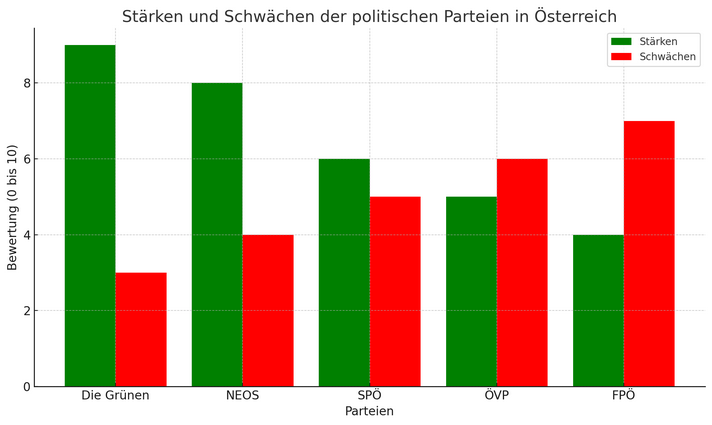

"The new regulations will make more companies accountable for their impact on society and move towards an economic model that benefits people and the environment."
Jozef Síkela, EU Minister for Industry and Trade
At the end of 2022, the Council of the European Union adopted the directive on corporate sustainability reporting. This directive has now come into force in 2024 for the first group of larger companies in all EU member states. The quote from Jozef Síkela indicates that this not only requires reporting on the status quo, but also triggers innovation in companies.
Alongside emissions certificate trading, this regulation is a further measure to generate more commitment and implementation energy for the European Green Deal. This new regulation on sustainability reporting is to be understood as a revision of the EU Non-Financial Reporting Directive (NFRD) for companies.
SMEs will also be affected by this in subsequent years. This raises the question of how the content of reporting will affect innovation in companies. The so-called ESG reports must provide a comprehensive insight and describe the sustainability of a company in its entirety (ESG - Environmental, Social, Governance). This means that risks must be presented, where necessary also along the value chain (the Supply Chain Act plays a role here).
ESG reporting is intended to make the social and environmental footprint of a company comprehensively visible and ultimately also how companies are managed. Until now, companies have voluntarily produced sustainability reports. As with intellectual capital reports, each organization has established its own standard and documented what proved to be particularly suitable. Now the European Sustainability Report will become an integral and standardized part of the financial report.
The idea of standardizing sustainability reports as part of the Corporate Sustainability Reporting Directive (CSRD) is directly linked to the EU's Green Deal strategy: Economic performance and financial flows should lead to sustainable economic activities. This means that, for the first time, aspects of sustainability will be placed on an equal footing with those of financial reporting. It will not be enough to document, for example, that all employees cycle to work. Sustainability and the circular economy require a fundamental rethink of the value chain and the use of resources in the company.
I look forward to your feedback and, as always, wish you a relaxing and creative Sunday!
Reinhard Willfort, Innovation Doctor, www.willfort.at Let’s innovate together!
powered by EDIH „Crowd in Motion“





